Conserve and sustainably use the oceans, seas, and marine resources for sustainable development.
SDG14 relates to issues regarding reducing and preventing marine pollution, managing and protecting marine and coastal ecosystems, and enhancing the conservation and sustainable use of oceans and their resources, among other issues. At Lynn University, this takes a variety of forms from participating in beach clean-ups and other forms of conservation work to embedding conservation in the curriculum to educate students on how to care for the oceans.
This report is organized into three sections:
Institutional Initiatives: Refers to ongoing initiatives at the institution that are currently active, occur every year, and relate to SDG14. Wherever possible, statistics are provided to show the impact of this work.
Events/News: Refers to single events or news that occurred during the reporting year of AY21-22 relating to SDG14. These are not recurring, and as such are not part of the long-term initiatives.
Courses: Refers to all the courses in the university’s academic catalogue for the reporting year of AY21-22 that deal with issues related to SDG14.
Goal 14

Institutional Initiatives
Citizenship Project
Courses in the Citizenship Project focus on a civic issue, problem, or topic and will engage in experiential learning opportunities and community service work with local, community-based partners. Thematic areas for the courses include homelessness, environmental sustainability, and urban renewal. Students in this class often participate in beach and mangrove clean-ups as part of their sustainability education. Lynn University students have partnered with organizations such as Gumbo Limbo, The Reef Institute, and others during these events, learning more about ocean conservation throughout their experiences.
ENV Wildlife Conservation
Students in the environmental science and policy major learn about wildlife conservation as part of their core curriculum. The course ENV 330 focuses on the examination of conservation issues facing various species and an assessment of possible solutions. The course looks at both successful and unsuccessful conservation strategies in local, regional, and global contexts and appraises current initiatives to predict the success or failure of these projects. Dynamics to be considered include habitat loss due to human encroachment, biodiversity, contamination, and the impact of climate change. Students choose a predicament presently facing a species and draw up their own conservation strategy to confront the issue.
By engaging in ocean conservation projects and education, Lynn University helps further target 14.1 of SDG14, which focuses on preventing and reducing marine pollution of all kinds.
Students in the Citizenship Project collected 1,000 pounds of trash from reserves and nature centers in AY21-22
1,000 Ib
Students in the Citizenship Project collected 1,000 pounds of trash from reserves and nature centers in AY21-22
1,000 Ib
